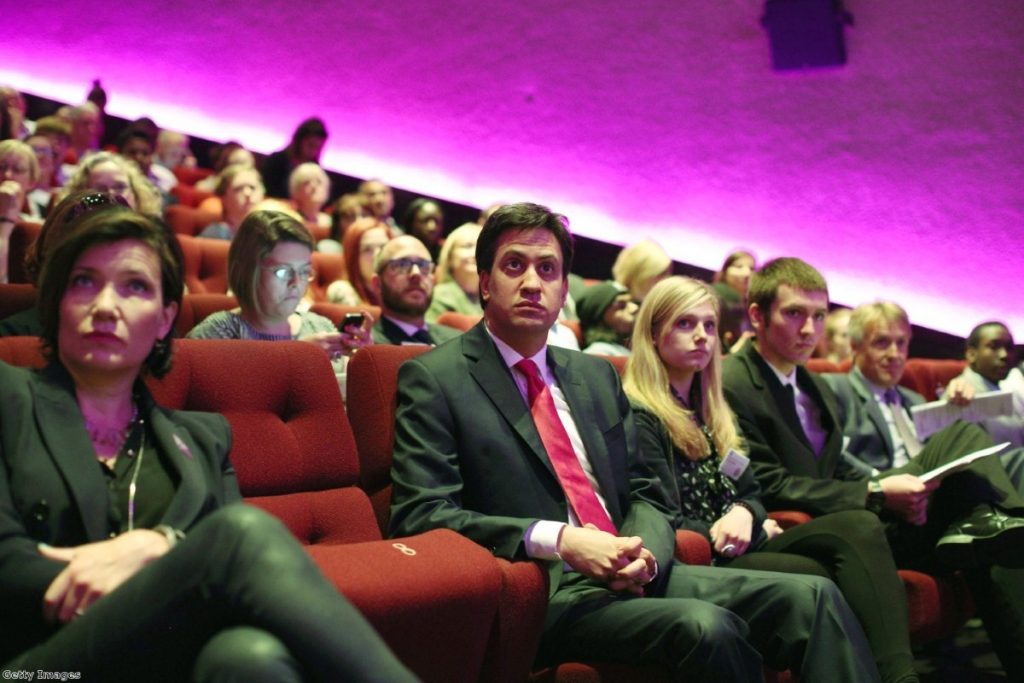Summer jitters as Labour leads slumps to 5-point average
There were continued jitters over Labour's summer slump today, after a 'poll-of-polls' found the party's average lead hit just five points last month – down from 11-points in March.
The collapse in Labour's lead could be the result of gradually improving perceptions of the economy or because of a slump in Ukip support.
The Independent research, which averaged results from ComRes, ICM, Ipsos MORI and YouGov, put Labour on 38%, the Tories on 33% and the Liberal Democrats Ukip on 11%.
The research will make depressing reading for Nigel Farage, with an eight per cent drop in Tory voters saying they would back Ukip since May. The number of Tory voters now planning on supporting the fringe party now stands at 13%.


The last time the two main parties were so close to each other was in March 2012, just before the 'omnishambles' Budget.
Labour's Swansea West MP, Geraint Davies, suggested the declining poll rating could be the result of Labour failing to rebut the coalition's efforts to pin the blame for the economy on the party.
"Not rebutting this charge makes us look like a shamefaced schoolboy admitting responsibility by omission," he said.
"And if we don’t rebut the accusation, it will simply amplify as the election approaches."
Davies' comments follow criticism from fellow Labour MPs George Mudie and Graham Stringer
Labour continued to preview its economic election stack points today, with a focus on the falling spending power under the coalition.
The party says that working people are on average £1,350 a year worse off than when David Cameron entered No.10 and that they would have lost £6,600 by the time of the next election.
Labour claims its research of Office of National Statistics figures shows 36-months of falling real wages under David Cameron, the largest consecutive number of months for any prime minister in history.
"Everybody clearly in the PLP [parliamentary Labour party] is keen and anxious to make sure we win the next election. One of the prerequisites for that is exposing what's happening in the economy," shadow financial secretary to the Treasury Chris Leslie said.
Business minister Matthew Hancock said: "Today's squeeze on living standards is a direct result of Labour’s disastrous economic policy that got us into this mess.
"If they were in government now, Labour would make hardworking people worse off. Their plan for more borrowing and more debt would mean soaring mortgage rates and higher bills."









